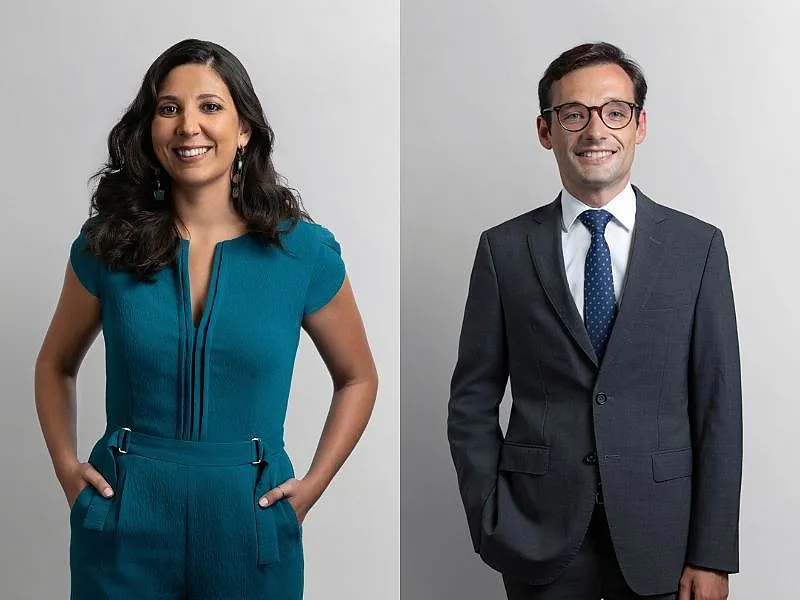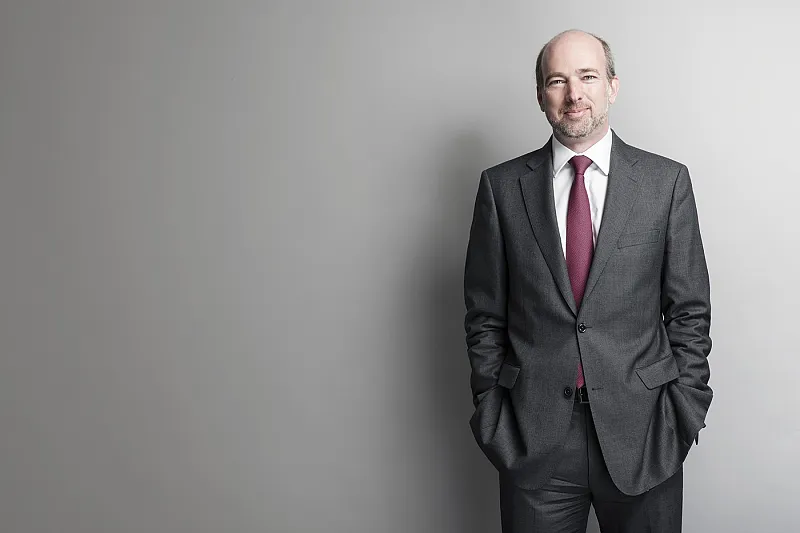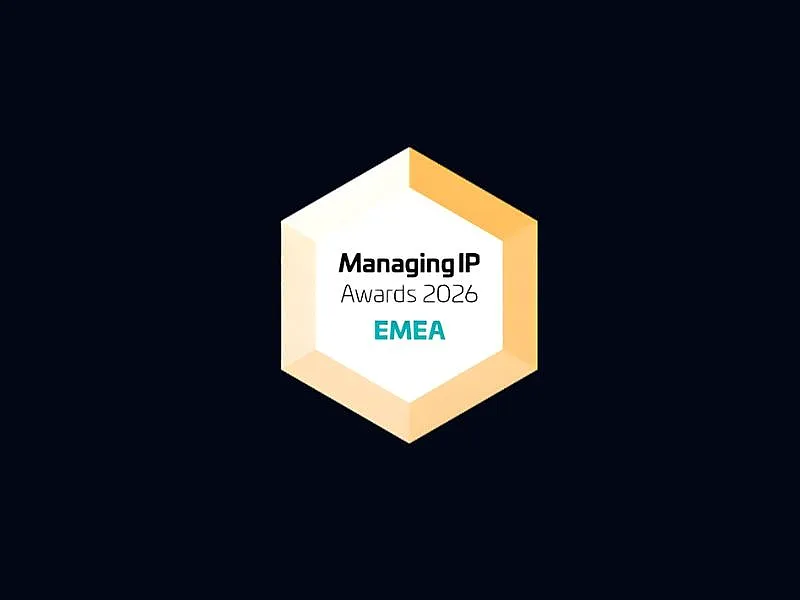11.07.2025
Martim Krupenski advocates business law as a strategic foundation in times of uncertainty
Martim Krupenski, managing partner at Morais Leitão, believes that the role of the business lawyer has become crucial in today’s world, shaped by “rare and unpredictable events – Nassim Taleb’s ‘black swans’.” In an interview with Jornal Económico, published on July 11, 2025, he stresses the importance of combining “rigorous quantitative reasoning with emotional intelligence and contractual creativity,” ensuring legal structures that not only offer protection in adverse scenarios but also “turn volatility into a source of opportunity.”
In his assessment of the current economic climate, Martim Krupenski argues that rigorous planning must be paired with strategic growth vision, reinforcing that legislative stability is a key factor in investor confidence. “When the client knows that the rules of the game do not suddenly change – whether in tax, labour or support for strategic sectors – they can plan growth initiatives without diverting resources to constant legal updates,” he warns, noting the increasing regulatory complexity.
On regulatory evolution, he acknowledges significant progress at the European level, but points out that the gap between legislation and reality remains a barrier. “We are in a delicate moment, with simultaneous advances and setbacks,” he states, illustrating with the case of the MiCA Regulation: “Portugal is one of the few countries that has yet to implement it, which means it is not possible to register CASPs, process passport applications, or authorise cryptoasset issuers. This blockage drives away projects and leads to the sale of VASPs to foreign entities.”
For Martim Krupenski, artificial intelligence is a valuable tool for increasing efficiency, especially in repetitive tasks and predictive risk analysis. “We use AI to analyse thousands of documents, delivering faster and more accurate responses without losing legal know-how,” he says, highlighting the potential of analytics tools in legal practice.
Internationalisation remains a priority, with a strong presence in Portuguese-speaking Africa, Asia, and strategic partnerships in key markets such as the US and the UK. The challenge, he concludes, lies in “aligning processes and culture across multiple jurisdictions, following the best legal and process management practices.”
Read the full interview in the attachment below.


